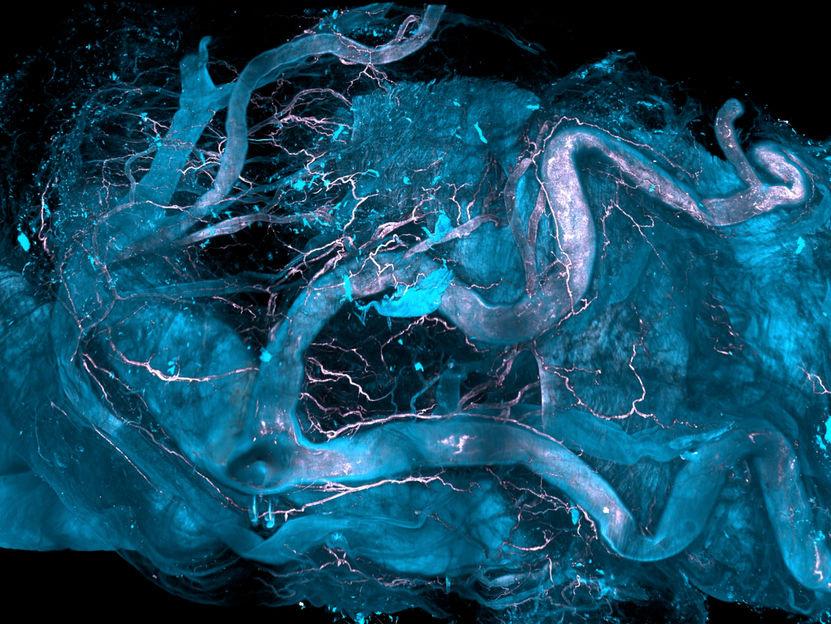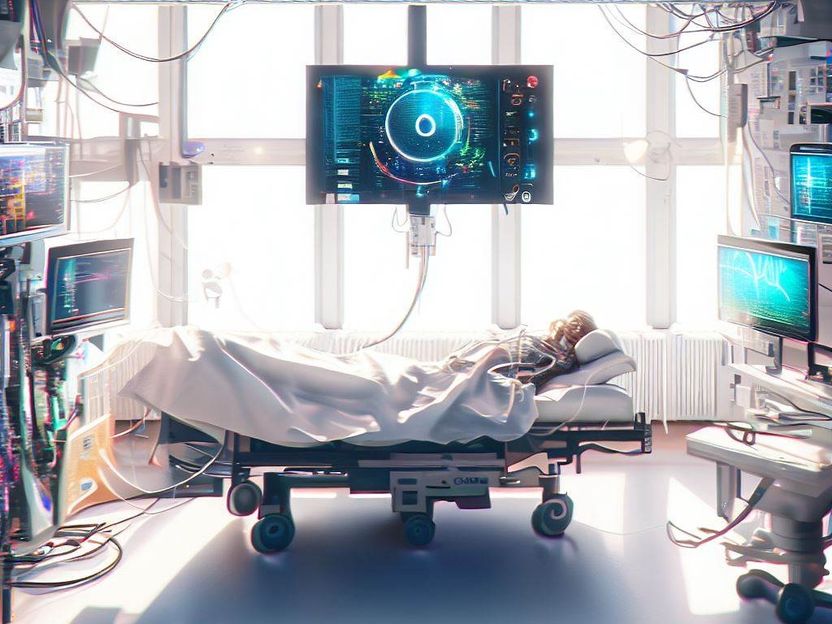Disease-suppressing bacteria ensure reuse of phosphate from bone meal
Some bacteria can control diseases such as Pythium and Fusarium organically. It has now been shown that several of these bacteria can also dissolve phosphate from carbonised bone meal. The use of bone meal contributes to an improved organic disease control and the efficient reuse of phosphate in the food chain, and thus a more sustainable agro production. This is the result of research performed by Plant Research International, part of Wageningen UR and published in Applied Soil Ecology.
The finite nature of fossil phosphate sources makes the reuse of phosphate on a global scale highly relevant. Phosphate is essential to food production and because there is no replacement, efforts will have to be made to achieve the complete reuse of residual currents for the benefit of agriculture. Adding bone meal and antagonistic bacteria to the soil can therefore serve a dual purpose: The reuse of phosphate and the improvement of organic disease control.
Bone meal, a residual product from the meat processing industry, is heated to approximately 850°C (carbonisation) to kill all pathogens. After being heated, the bone meal contains mainly phosphate and calcium. Due to its porous structure, the addition of bone meal to the soil protects antagonistic bacteria. It remained unknown until now, however, whether antagonistic bacteria were also able to dissolve phosphate. This would make the positive effects of the bacteria much larger as it would allow the crop to utilise the released phosphate and calcium from the bone meal.
As part of the EU project PROTECTOR, scientists from Plant Research International tested around 100 antagonistic soil bacteria of various genera and from various soils. The bacteria were tested for their capability to dissolve phosphate from carbonised bone meal. Sixty percent of the bacteria showed positive results. Twelve bacteria species were then tested for their growth and survival chances when using carbonised bone meal, and their potential for controlling pathogens. Four species of bacteria that were able to dissolve phosphate and suppress the damage of Phythium and/or Fusarium were eventually selected for further research in field and greenhouse tests.
The abovementioned research is being carried out in cooperation with Terra Humana, a Hungarian company that develops environmentally-friendly technologies. It studies the upscaling and commercialisation possibilities of the carbonisation process of bone meal, followed by the culturing of bacteria and fungi. The project also includes studies into the application possibilities of adding carbonised bone meal and antagonistic bacteria in (greenhouse) horticulture.
Most read news
Other news from the department science

Get the life science industry in your inbox
By submitting this form you agree that LUMITOS AG will send you the newsletter(s) selected above by email. Your data will not be passed on to third parties. Your data will be stored and processed in accordance with our data protection regulations. LUMITOS may contact you by email for the purpose of advertising or market and opinion surveys. You can revoke your consent at any time without giving reasons to LUMITOS AG, Ernst-Augustin-Str. 2, 12489 Berlin, Germany or by e-mail at revoke@lumitos.com with effect for the future. In addition, each email contains a link to unsubscribe from the corresponding newsletter.
Most read news
More news from our other portals
Last viewed contents
NIH_funding_of_IBS_Research
Researchers to Decode Antarctic Ice Metagenome with the 454 Sequencing System, to Explore the Effects of Climate Change
Study uncovers the structure of 1 adrenergic G-protein-coupled receptor (GPCR) - Structure of important drug target elucidated using Heptares' StaR(TM) technology
Ribosome
Blood_alcohol_content
UCB announces Phase 3 clinical trial program for epratuzumab in Systemic Lupus Erythematosus did not meet primary endpoint

Novel spatial-omics technology enables investigation of diseases at their early stages - How can you trace a single diseased cell in an intact brain or a human heart?
A long day for microbes, and the rise of oxygen on Earth






















































